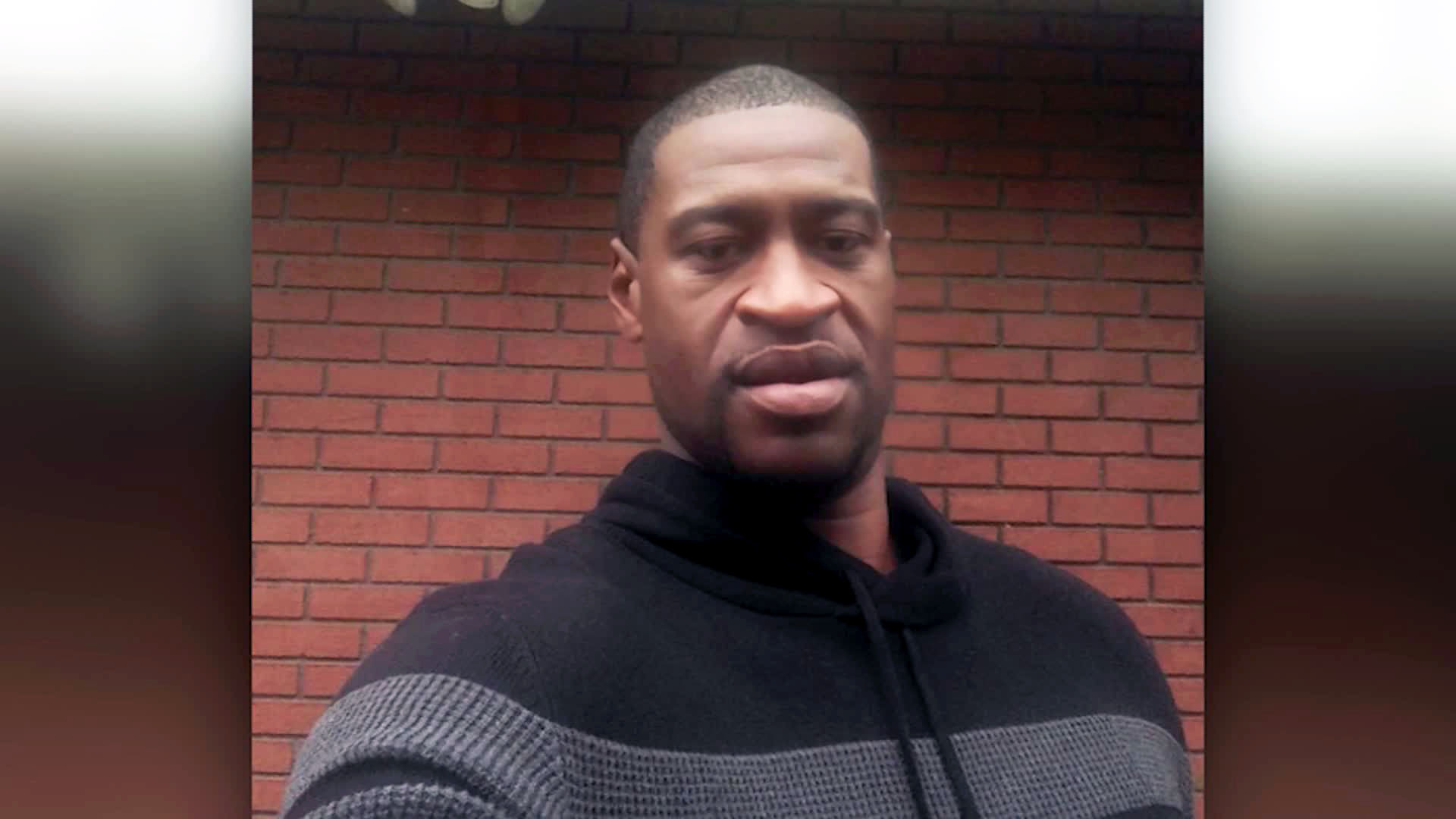June 4, 2020
To our African American and African Diaspora Studies Family and Community,
Dr. Martin Luther King Jr’s 6-year-old daughter raised a sobering question in the 1950s when she was told that Funtown, a public amusement park in Birmingham, Alabama, was closed to “colored” children. Today, as we grieve the heinous death of George Floyd, Yolanda‘s question, which troubled her soul and rearranged her “mental sky,” still resonates. The question is, “Why do people treat others so mean?” Young Yolanda’s question also urges us to construct a more compelling vision of King’s beloved community in order to eliminate the pain and anguish that so many of us are experiencing at this time.
Members of the Department of African American and African Diaspora Studies at Indiana University remain committed to racial justice and affirm the democratic tradition of equal opportunity for all by not tolerating any forms of violence and discrimination. For justice to become realized in more exquisite ways, we must not only know about the awful, wretched conditions that exist in America, but we must also hate injustice and do something marvelous about it. At this moment, let us not be bamboozled by the kind of neo-liberal ideas and approaches that have helped to sustain institutional and structural dominance. We know that continuing to uphold the status-quo not only will further cripple our society, but also likely prevent any chances for us to move forward progressively.
Like the Stoics, who sat among painted colonnades and adopted strategies of “self-shaping,” we, too, just might be able to “tone up” our souls and transform human behavior in wonderful and far-reaching ways. The entire national community should become more vigilant and aware of the precious rights of others. Collective focus on a world of broader possibility just might also be helped via dramatizations of our moral obligation to people both near and far, and away from police brutality, ugliness and violence.
We are resolved not to carry out “business-as-usual” modes of feeling, thinking and acting. When every day, unlovely acts are routinized and made common, perpetrators of violence elevate barbarism and destroy beautiful lives that are meant to be lived fully and well. At the most basic level, more things are required of individuals on a daily basis to further the ends of human understanding and empathy, including a movement toward empathetic literacy.
We call on individuals nationwide to be attentive, respectful and caring toward others. Let us recognize that people count and are owed human dignity and standing in community. Therefore, every time we have a moment to uplift humanity, we should do so, passing along stories that ignite and have an extraordinary impact on other people in edifying ways. This is where we go from here in solidarity with all who are fighting for justice and equality.
Carolyn Calloway-Thomas, Chair
African American and African Diaspora Studies
Past President, World Communication Association
Book Review Editor, The Howard Journal of Communications
Indiana University
Bloomington, Indiana 47401

 The College of Arts
The College of Arts